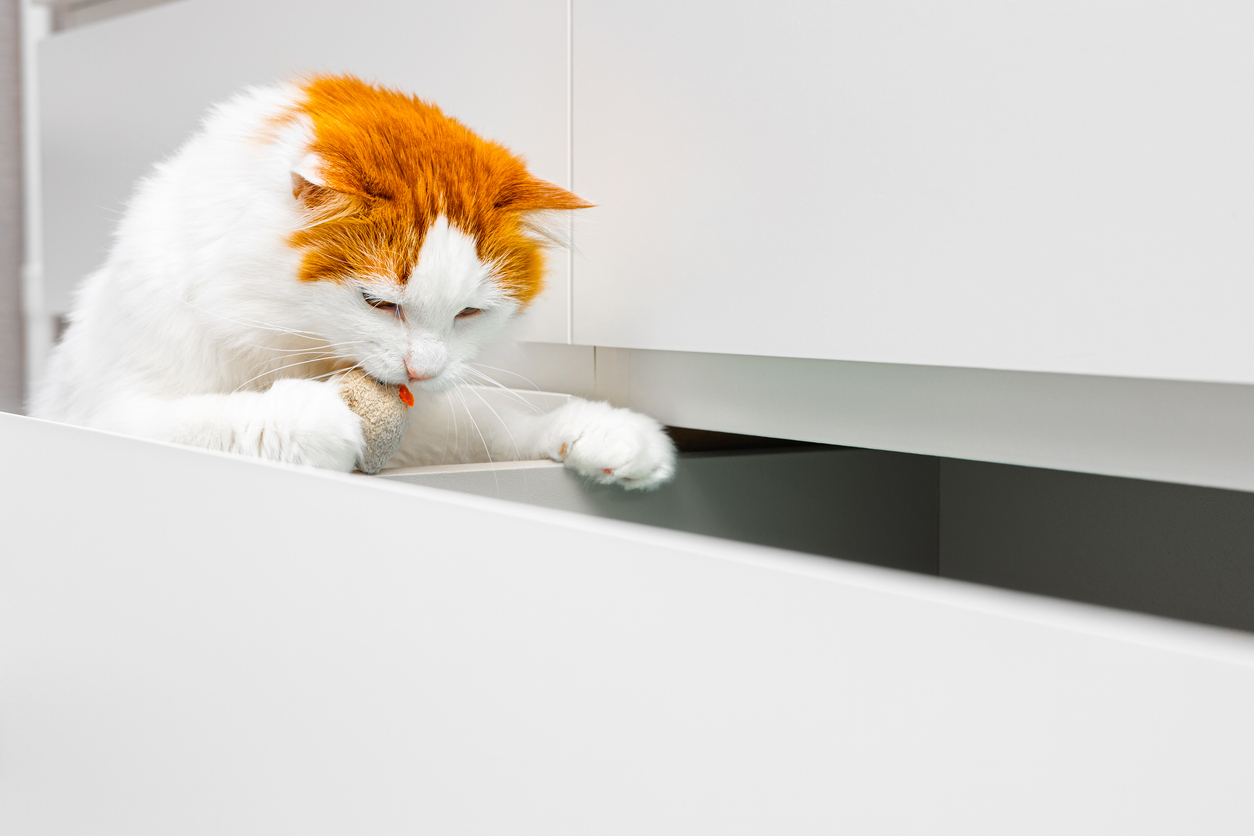Pet Poisoning Emergency: How to Act Fast and Protect Your Pet
As pet owners, we do everything we can to keep our furry friends safe, but accidents can happen. Whether it is a toxic plant, human food, or household chemicals, a pet poisoning emergency requires quick action. Recognizing the signs and knowing what to do can make all the difference in saving your pet’s life.
Common Causes of a Pet Poisoning Emergency
Everyday substances can be toxic to pets, leading to a life-threatening toxic crisis. Some of the most common toxins include:
- Household Foods – Chocolate, caffeine, grapes, raisins, onions, garlic, xylitol (found in sugar-free gum and peanut butter), and alcohol.
- Medications – Human prescriptions, over-the-counter pain relievers (like ibuprofen or acetaminophen), and even pet medications when given incorrectly.
- Household Chemicals – Bleach, ammonia, laundry detergent, fabric softeners, floor and carpet cleaners, air fresheners, and essential oils.
- Plants – Lilies (especially toxic to cats), sago palms, oleander, and azaleas.
- Human Recreational Substances – Cannabis, nicotine, and alcohol.
- Outdoor Household Poisons – Fertilizers, pesticides, herbicides, antifreeze, and rodenticides.
- Environmental Poisons on Walks and Hikes – Toxic algae in stagnant water, leptospirosis bacteria, mushrooms, discarded drug paraphernalia, and chemically treated grass or plants.
For a full list of pet poisons, visit Pet Poison Helpline.
Recognizing the Signs of a Pet Poisoning Emergency
Catching the symptoms early is crucial in a poisoning incident. Symptoms may vary depending on the toxin but often include:
- Vomiting and diarrhea
- Excessive drooling
- Loss of appetite
- Lethargy or weakness
- Difficulty breathing
- Seizures or tremors
- Pale or yellow gums
- Increased thirst or urination
If you notice any of these signs, act immediately.
What to Do in a Pet Poisoning Emergency
1. Stay Calm and Call Your Veterinarian or Pet Poison Helpline
Panicking will not help your pet. If you suspect poisoning, try to identify the toxin and the amount ingested. Look for packaging or any evidence of chewing. Call College Hills Veterinary Hospital (979-693-0123) immediately or Pet Poison Helpline at (855-764-7661) after hours. Do not try to administer emergency care without the direction of a veterinarian.
2. What to Expect When You Call Pet Poison Control

Pet Poison Helpline is a 24/7 Animal Poison Control Center. Here is what happens during a call:
- Initial Information Gathering – The specialist will ask about your pet’s species, breed, age, weight, overall health, the suspected toxin, time of ingestion, symptoms, and your location.
- Toxicity Evaluation – Experts assess the toxin’s risk based on your pet’s size and exposure level.
- Step-by-Step Emergency Instructions – A veterinarian may advise you to induce vomiting, flush the mouth or skin, administer activated charcoal, or monitor for worsening symptoms.
- Veterinary Referral if Needed – If your pet requires urgent veterinary care you will be directed to the nearest veterinary hospital.
- Follow-Up Care – Poison control can provide ongoing guidance if symptoms change or worsen.
3. Be Aware of Consultation Fees
Pet Poison Helpline charges around $85-95 per consultation, which includes follow-ups. If you have a pet insurance plan it may cover the cost, so check your policy in advance.
How College Hills Veterinary Hospital Can Help in a Pet Poisoning Emergency
At College Hills Veterinary Hospital in College Station, Texas, we understand how frightening pet poisoning can be. Our team provides immediate medical intervention, including:
- Decontamination
- IV fluids
- Medications
- Supportive care for recovery
If you suspect poisoning, call us immediately or reach out to Pet Poison Helpline after hours. Prompt treatment can prevent serious complications and even save your pet’s life.
Preventing Pet Poisoning: You Cannot Be Too Cautious

While emergencies can happen, the following preventative steps can reduce risks:
- Store medications and cleaning supplies in secure cabinets.
- Keep toxic foods out of reach.
- Identify and remove toxic plants from your home and yard.
- Use pet-safe alternatives for pest control and cleaning.
- Supervise pets outdoors to prevent accidental ingestion.
Final Thoughts
Pet poisoning is a frightening situation, but knowing how to respond quickly can be lifesaving. If you are ever in doubt, call College Hills Veterinary Hospital for expert guidance and care. By staying alert and informed, you can help keep your beloved pet safe from harm.
